In fact, they are still a little surprised by the whole thing. It started quite unintentionally – simply being the first non-binary rider to register and race at Life Time Garmin Unbound Gravel in 2021. The completion led to a podium spot, a lot of excitement and press, and a movement was born.
Shortly after the race, Abi’s cycling Instagram page blossomed into the Queer Gravel movement, a community whose mission is to “ increase trans and queer participation in gravel cycling by creating spaces where trans, nonbinary, and gender expansive people are centered, celebrated, cared for.”
“With all of this my goal has been whatever has been good for me, I want to make good for as many people as possible,” Abi says. “I feel like I've been able to do that fairly well. I’m excited and I hope that it continues to grow and that the stuff that I'm doing can reach more people.”
To say that Abi has been busy this year is a total understatement. They’ve earned a spot on the Giant Bicycles ambassador team and participated in some of the biggest gravel events in the United States. They’ve also partnered with several bicycling brands to help build a welcoming and inclusive community across the country. On top of that, Abi is also a staunch advocate for queer and trans rights and has directly advocated to lawmakers during legislative sessions that have threatened many who identify in those spaces.
“Beyond the bike industry, I’ve become more involved in a lot of legislative stuff, especially in Texas. That entails showing up to protests and testifying in front of the legislature. I think that’s been a really important part of the stuff that I’ve done. The last legislative session was pretty heinous for trans people in Texas. I think that’s been a lot of the really important work that I've done.”
“Queer and trans inclusion in a lot of spaces feel kind of like pushing a boulder up a hill. It’s really easy to burnout and there’s not a lot of support coming from the people who kind of hold the power in whatever way. I’ve been really pleasantly surprised by the bike industry. These people want to learn and want to grow and want to change and are willing to write the checks necessary to make that happen and support the people who are doing the work. It’s not just with me, it’s happening in a lot of different areas around racial inclusion and people in different sized bodies, abilities and disabilities. It’s really cool to see the cycling community is wildly diverse, but then to have the industry be paying attention to that and wanting to encourage and foster that, it’s really exciting. I feel really grateful that I've been able to be a part of it.”
Read on to learn more about Abi’s story and how they are changing the world one gravel ride at a time.

Tell me a little bit about yourself, and how fitness and sports came into your life.
My name’s Abi Robins. I’m queer, I’m trans, I’m non-binary. I really like bikes.
I started playing tee ball when I was like 5. Both my parents were educators, but they also coached. So my sister and my brother – we played every sport. I grew up always playing sports and considered myself an athlete from a really young age. When I was in high school, I had every intention of going D1 in volleyball and do that whole thing, but I blew my knee out sophomore year and my life trajectory went away from sports.
It wasn’t until January of 2020 that things kind of shifted back toward being an athlete. I got some scary health news, and I really needed to change up my lifestyle to be healthier. I always loved bikes, so I was like, I’ll get a bike and I’ll get a trainer and start riding.
The pandemic hit and things went all the ways that the pandemic made them go. I ended up having extra free time like a lot of people. I decided to invest in a new bike and really apply myself in cycling. I was really loving it. And so I found gravel cycling, then my life kind of just got swallowed up by bikes in maybe the best way.
How did you get into gravel riding?
I think it's the adventurous nature of it … but it’s also a lot more accessible than, like, mountain biking, from an equipment standpoint. You get a gravel bike, and you can ride it a lot of places: road, singletrack, gravel roads.
From a community standpoint, there’s such an awesome community that’s really grown up around gravel cycling. We have a great community here in Austin, and this larger community all across the country. Road cycling is a little intimidating. Mountain biking can be really bro-y. It’s easy as a queer and trans person to not feel super safe or welcome in those spaces. But I got into gravel for the adventure of it, and I've stayed in gravel because of the welcoming and inclusive community.
Speaking of that inclusivity in the gravel cycling community … I know that you’ve been a big part in helping to build that. How did that come about?
I don't think that I could say that it was something I intentionally was trying to do – I became accidentally bike famous.
When I did [Life Time Garmin] Unbound in 2021, it was the first year that they offered a nonbinary category, and I was the only person registered in the entire event out of, like, 4,000 athletes there that weekend. When I finished the 100 miles, I won my category. I technically also lost my category – I came in first and last. But Unbound and Life Time really wanted to highlight the fact that they had the category, and they wanted it to grow and let people like me know they are welcome in this space.
Since then, things have just blossomed. They posted about it on social media. My little silly bike video Instagram kind of blew up. I was posting pictures and videos of my rides, and then suddenly I had thousands of people following me and people reaching out and telling me how cool it is that they have this, and that I'm being inspiring. VeloNews did an article on me. I’ve been on a bunch of different and popular podcasts. Giant Bicycles reached out and brought me on as a global ambassador. … I was in the right place at the right time.
I've done a lot of this inclusivity work in other industries that I've worked in. I felt very prepared and capable of doing this kind of work. But it was definitely not intentional in any way. When I think about it, it's still pretty wild what’s happened over the last year and a half. But I’m happy that I've been able to step into this role because I enjoy it. It is fun. And I am really grateful that I've been able to leverage that to help other folks engage in the community and be a part where maybe they feel like they didn’t have a space or the access.
With all of this my goal has been whatever has been good for me, I want to make good for as many people as possible. I feel like I’ve been able to do that fairly well. I’m excited and I hope that it continues to grow and that the stuff that I'm doing can reach more people.

You’ve had an epic year! Would you briefly go over some of the opportunities that have cropped up in the past year?
I am a Giant Global Ambassador – I ride for Giant bikes. Every time I talk about it, I think it’s absolutely amazing. They’ve been super supportive and have funded a huge travel schedule for me to be able to go to lots of different events and get more connected in the community and industry. I’ve been able to do a lot of consultation with events and different brands about what it looks like to be more inclusive, not just of the LGBTQ community, but specifically trans and nonbinary folks. That’s been a lot of fun, working to develop nonbinary categories [in events] and develop inclusion policies.
Beyond the bike industry, I’ve become more involved in a lot of legislative stuff, especially in Texas. That entails showing up to protests and testifying in front of the legislature. I think that’s been a really important part of the stuff that I’ve done. The last legislative session was pretty heinous for trans people in Texas. I think that’s been a lot of the really important work that I've done.
And then, just the things that feel small to me that I know have a bigger impact. When I’m at events helping other folks get there with race entries or through the connections I've made or the support that I've gotten from Giant to travel. Can I help other folks? Can I help ease the burden for other nonbinary riders and trans riders who want to come and experience this community? That feels especially important.
The community is really, really incredible. After the pandemic, everybody’s social circles shifted and changed. Being able to really connect with the gravel community and the people who are doing this kind of work has been so valuable. I really have found another family.
How does it make you feel to be a leader in this space?
Any time I think too hard about it, it feels really silly. I haven’t been riding bikes that long. I’m very new in the community. But this is the kind of work and the kind of impact that I’ve wanted to have in everything that I've done throughout my life. It feels really special and rewarding that I’ve been able to show up in this space, and not only that I’ve been able to do this work, but that I've been so supported in doing this work.
Queer and trans inclusion in a lot of spaces feel kind of like pushing a boulder up a hill. It’s really easy to burnout and there’s not a lot of support coming from the people who kind of hold the power in whatever way. I’ve been really pleasantly surprised by the bike industry. These people want to learn and want to grow and want to change and are willing to write the checks necessary to make that happen and support the people who are doing the work. It’s not just with me, it’s happening in a lot of different areas around racial inclusion and people in different sized bodies, abilities and disabilities. It’s really cool to see the cycling community is wildly diverse, but then to have the industry be paying attention to that and wanting to encourage and foster that, it’s really exciting. I feel really grateful that I've been able to be a part of it.
I think that’s why gravel is blowing up in the US and has been for the last several years. There is something very unique about this kind of cycling that you can really only get here in the US. It really is this community aspect that I think people are really catching on to whether or not they recognize it. When everybody’s included, everyone in the group has a better time. If you feel comfortable being in every space, it might be hard for you to put your finger on why you’re having so much of a better time in something like gravel. It is because the environment is so much more welcoming.

Tell me about Queer Gravel and how it got started.
It was just my Instagram handle when I started riding bikes. I was riding my bike all the time, and I wanted to share the videos and pictures while I was riding. I couldn’t put it on my business Instagram account, so I made a new one for all my bike stuff. It was just me showing riding around Lockhart and some of the South Austin trails. It’s funny how it’s developed into something more. After Unbound, it kind of blew up. I’ve been able to build out a website, and we have some merch. The whole goal of it really is to help people feel more included in this very specific kind of cycling.
When things started to become more official, I reached out and hired someone to make the [logo] design. I’m not a graphic designer, but I had made the little Queer Gravel logo out of a bike and made some stickers to support Equality Texas and a ride group. I was proud of the design. I thought maybe 5 or 10 of my friends would want them. I ended up selling over 300! We raised $1,500 for the ride group and Equality Texas in a month. I was just making these stickers at my house; I have a little vinyl cutter and I was hand-making them all. Since then I’ve upgraded and gotten professionally made stickers … but yeah, everything with Queer Gravel and the stuff I’ve been doing, it really just started because I like riding bikes. It has blown up and become a lot more and something I can use to help support other queer and trans people who also love bikes.
That’s so authentic, and I have to imagine that part of that success comes from the fact that you are such an authentic role model.
I can feel that, because I have no cycling ambition, right? … I’m not trying to win races or do anything like that. I feel like I'm a lot more approachable. I’m just a normal mid- to back-of-the-packer like the majority of folks in gravel. The pros in gravel make up maybe 2 or 3 percent of the event and the rest of us are out there just to have a good time. Yeah, we might want to push ourselves and see what we’re capable of, but the competition is really with yourself. It’s an internal thing. It makes it so much easier to connect to folks because you’re there to have a good time.
How did you find Athletic Brewing and the ambassador program?
I’ve been sober for 5 ½ years. I say that I'm sober – I'm not in recovery, but a lot of my social circles really revolved around drinking. It was actually really challenging because I wanted to hang out with friends, but it felt weird to not have something in my hand that wasn’t a soda or whatever. And I worked at a coffee shop bar here in Austin for several years. I loved beer. I had no interest in being drunk anymore. I didn't like the way it made me feel, especially the day afte. I knew that I couldn't drink anymore. It’s not good for my body. My wife quit drinking as well. We just went on the hunt for what can fill this beer-shaped hole in our hearts.
We came across Athletic pretty early in that. I don’t know where I found it originally. I think it was at Central Market. We made our way through that whole [alcohol-free] section of the grocery store over the course of several months, and when we found Athletic, I was like, “Oh, this stuff is great! This isn’t crappy fake beer. It’s really good.”
I was talking with some friends and all of this bike stuff had just started to happen, and I was like, if there’s one brand I want to be sponsored by, it is Athletic Brewing; I want to be connected to this brand. I followed you on Insta, y’all posted about the ambassador program, and I was like: I want to be a part of that so bad. Then I applied and here we are!

How has the ambassador program helped you in your professional, personal or athletic endeavors?
The sobriety piece is not a big part of what I talk about with Queer Gravel, but both in being in an athletic-centered space and a queer space, conversations around sobriety are super important. I think the conversation around sobriety in the queer community is gaining a lot of ground. Generally speaking, us queer folks carry a lot of trauma, and it’s very cliche, but it’s cliche for a reason. It happens – a lot of folks self medicate, especially with alcohol. It’s a part of the community that’s become really destructive.
I try not to make a huge fuss when I'm going to events or doing different things about alcohol-free options, but I think what really excited me about the ambassador program is being able to have the ability to create those spaces. When we talk about increasing diversity and inclusion, there are folks who if you were to hand them a beer, it would ruin their life. We want everyone to feel welcome here, and being able to have Athletic as an option makes it easier for more folks to come and hang out and have a good time.
What are some of your proudest achievements?
Honestly, the first thing that comes to mind is that I'm married, and I'm really proud of the relationship that my wife and I have built. We have two daughters, and I'm really proud of how we’ve been able to raise them.
I do feel proud of how I've been able to ride this wave of whatever you would call what’s been happening to me over the last year and a half – being able to be a part of active and intentional growth and change in an industry that I'm really excited about.
What is a bucket list event or race that you’d love to compete in?
Truly I feel like my bucket list has been blown wide open because I've been able to go to so many events this past year. But I really want to finish the Unbound 200. I rode it this year, and I didn’t finish [due to knee pain]. I’m excited to go back next year and hopefully have a vengeance ride and complete the 200 miles. I’m still dealing with that. Injury stuff, coming back – it’s a long road and it’s always complicated. It’s definitely way better than it was, but I'm hoping to have that resolved so I can train and get my fitness back that I lost over the summer and complete the 200 this year.

What’s your favorite recovery food?
I usually get home from rides and I’m so exhausted that I can't think straight until I eat a decent meal. One of my favorite things to eat during a big ride is, I just want a McDonald’s cheeseburger. I never eat McDonald’s otherwise. I only eat it on a long ride. There’s just something about it – it always hits the spot. It’s so processed, your body breaks it down really fast. And it’s so caloric dense. Last year at Big Sugar [in Bentonville, AR], I asked my mom and stepdad to get me a McDonald’s Happy Meal. It was great.
What do you like to do on rest days?
I’m really bad at rest days. I know that’s such an athlete cliche. But I ride to manage my mental health, so when I'm not riding, I have to be really intentional about how I spend my time. The days are not necessarily restful, but I love hanging out with my dogs. I have recently rediscovered my love for photography and videography with starting this YouTube channel. I’m really enjoying nerding out on learning these new skills.
Last year I purchased some Therabody leg compression recovery boots as a present to myself on my birthday. I really love those. That’s probably the most restful thing that I do on a rest day.
What gets you up and out of bed every day?
I've always been pretty excited about life. I really enjoy how my life has kind of shifted over the last 18 months or so. I feel like every day is a new adventure. There’s something for me to learn or to experience, and that’s pretty fun and exciting. I feel really fortunate that I’ve made a lot of friends in this community that help to remind me of that.
What does Fit for All Times mean to you?
I think it means being really present and able to really meet life as it comes. Without expectation or without hesitation. Being ready to experience life on life’s terms. I think in a lot of ways that describes the last 18 months of my life. Showing up and saying yes and seeing where things take you. Being ready and willing to do that.
If you’re interested in joining the ambassador program, visit our Ambassador Community Page and sign up to be notified when applications open!
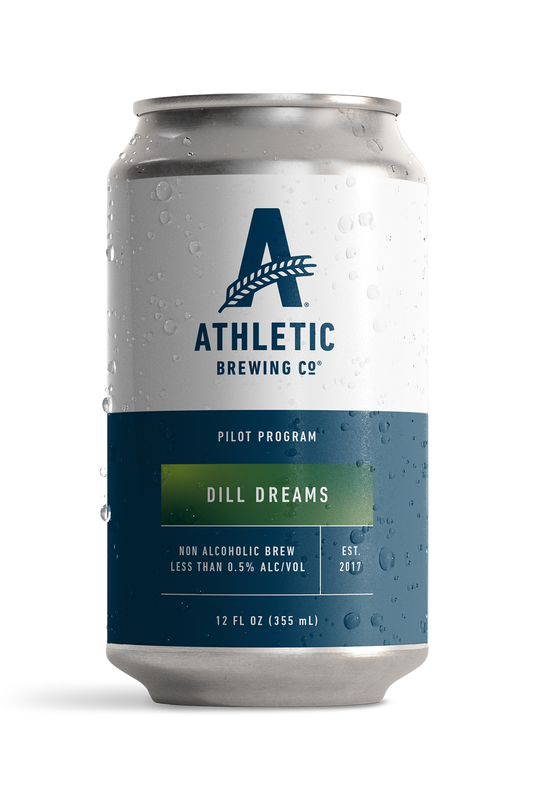

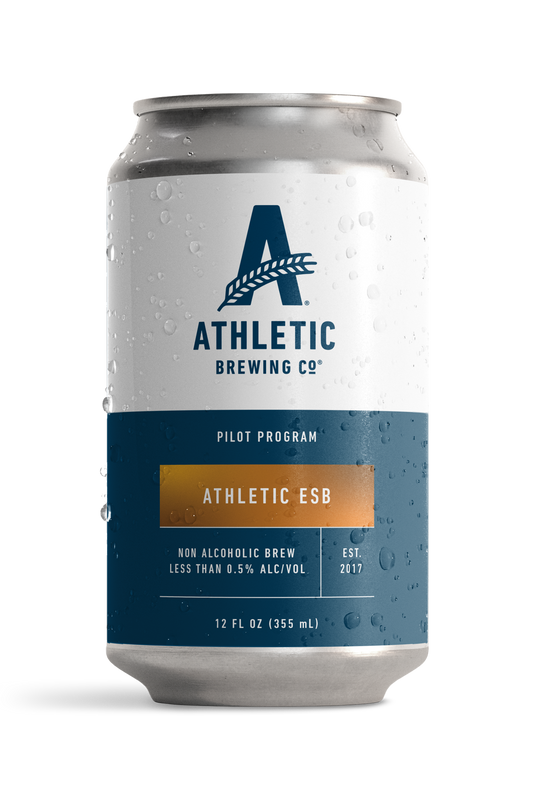
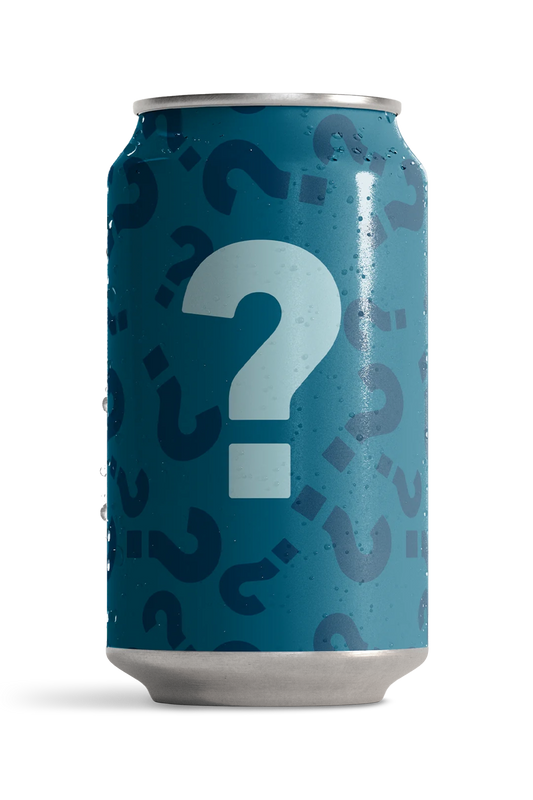
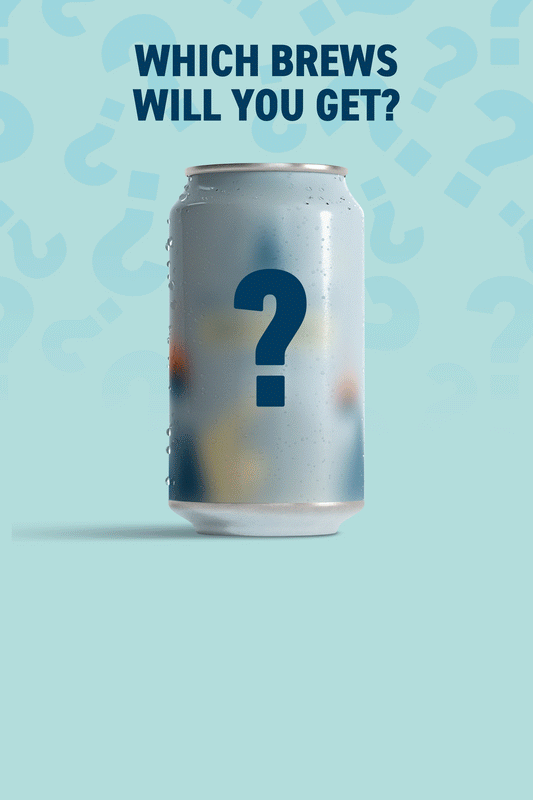
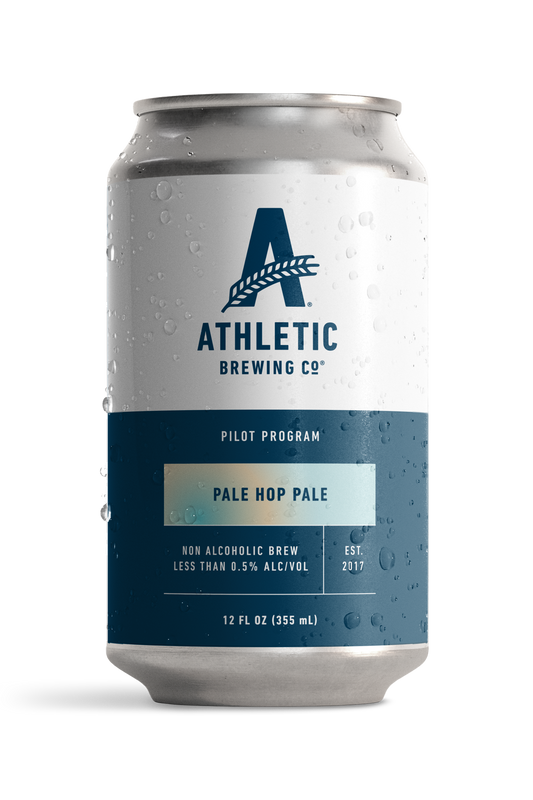
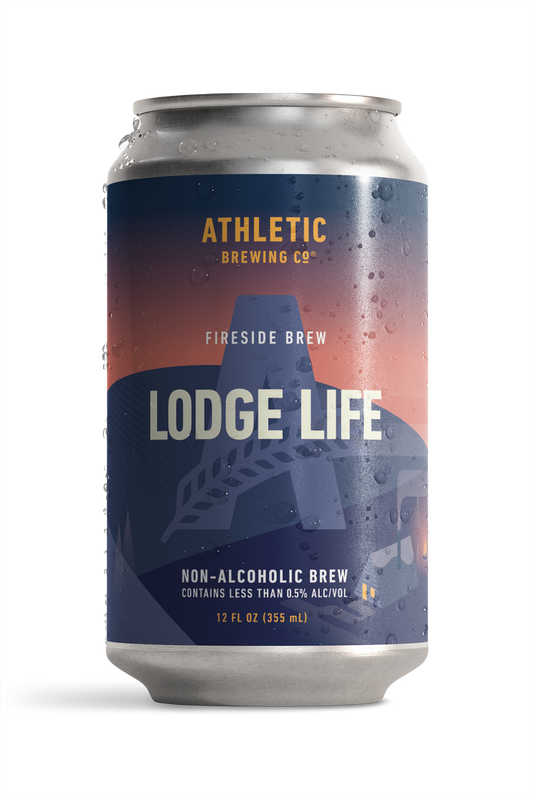
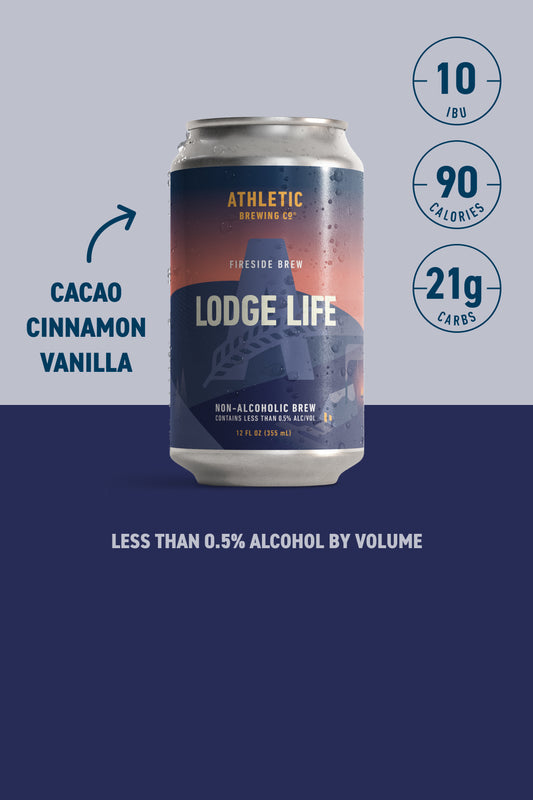
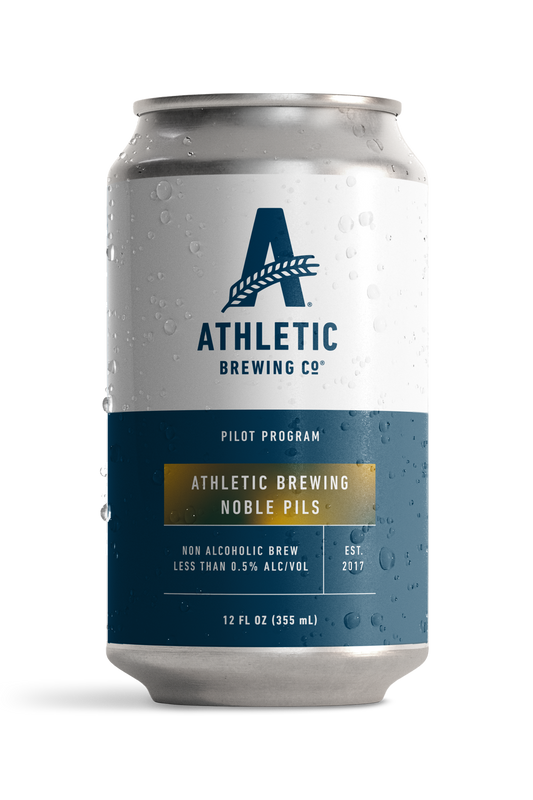

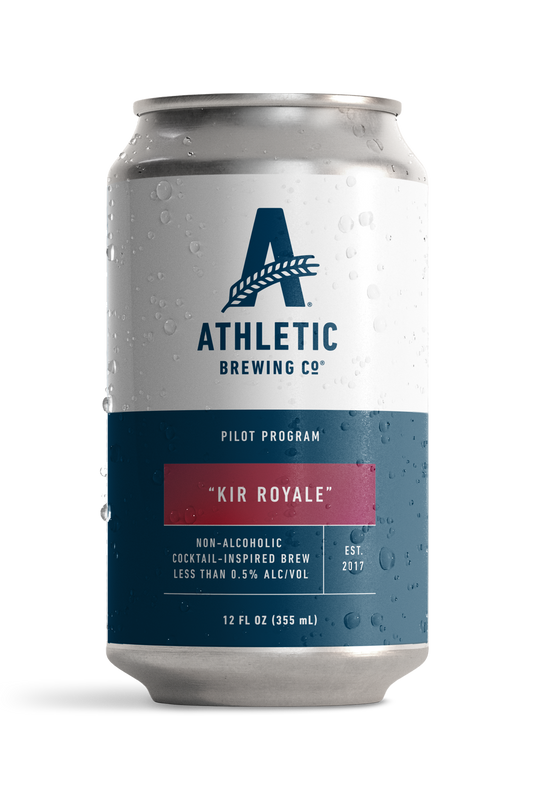

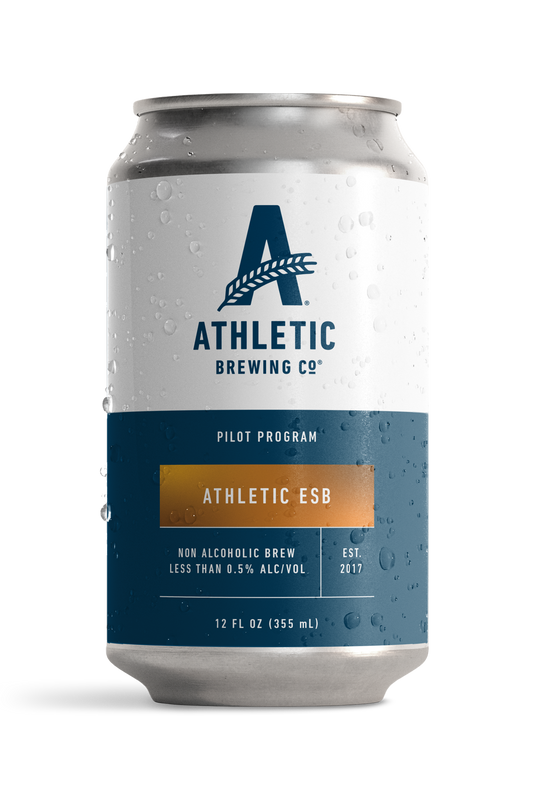
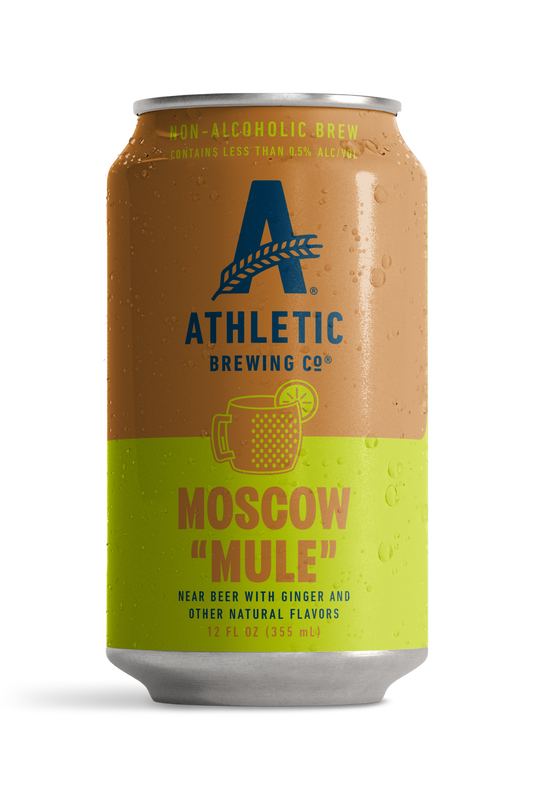
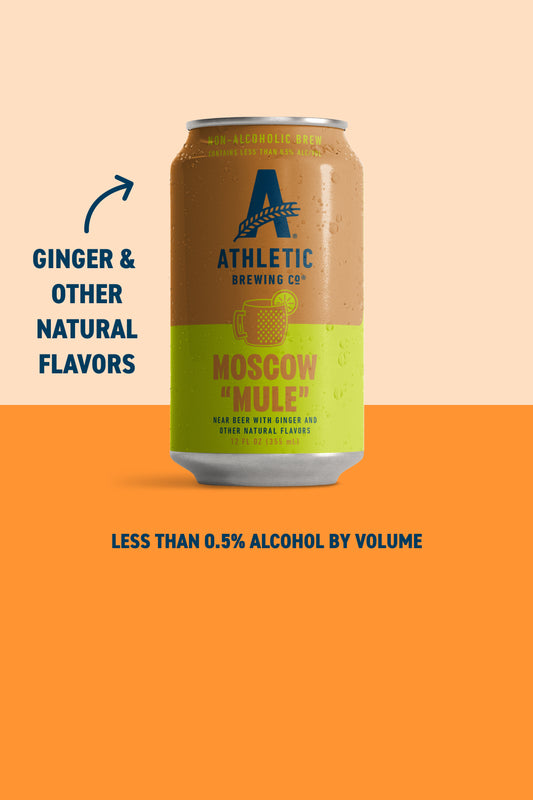
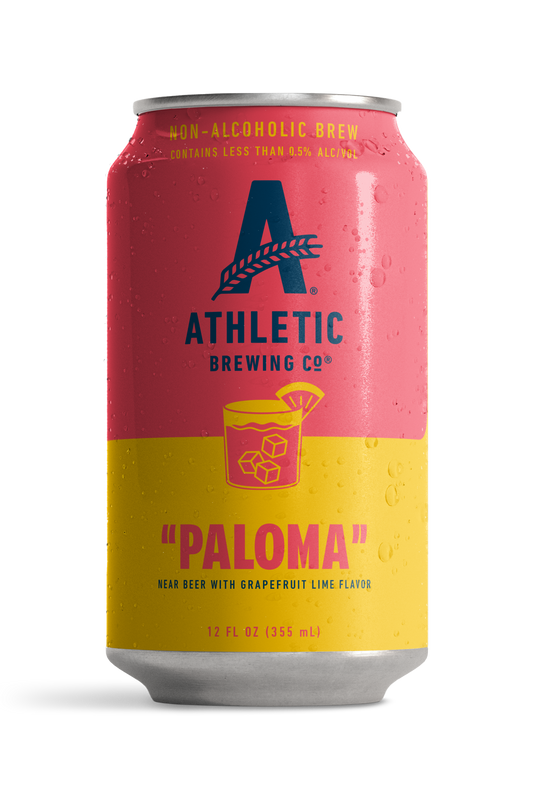
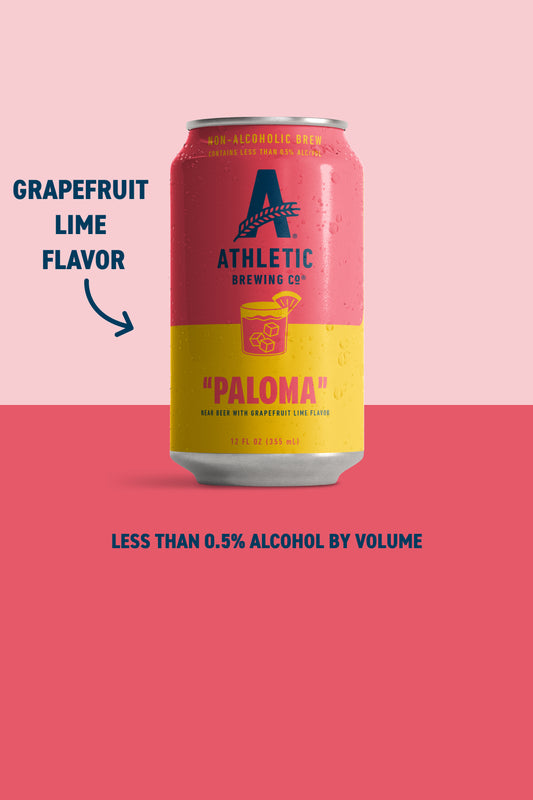
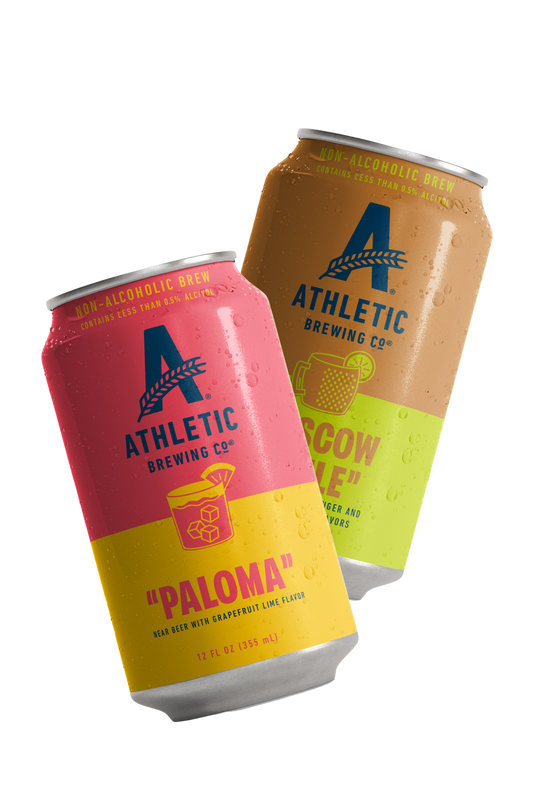
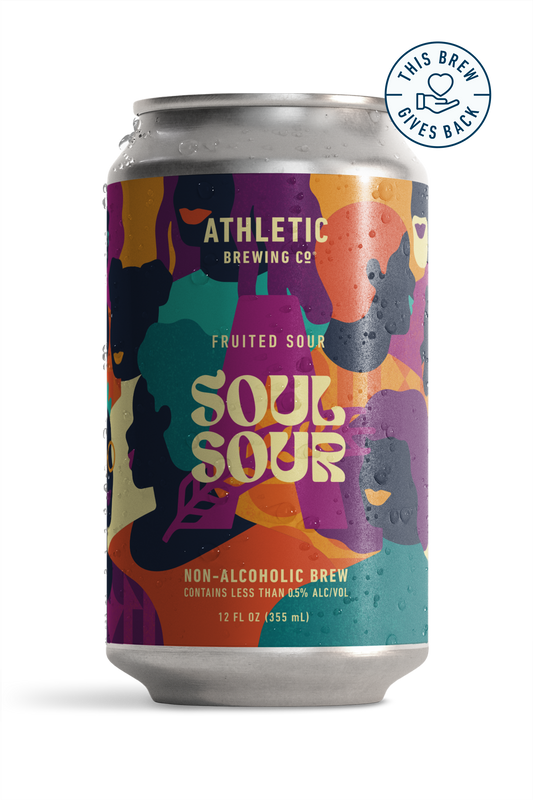
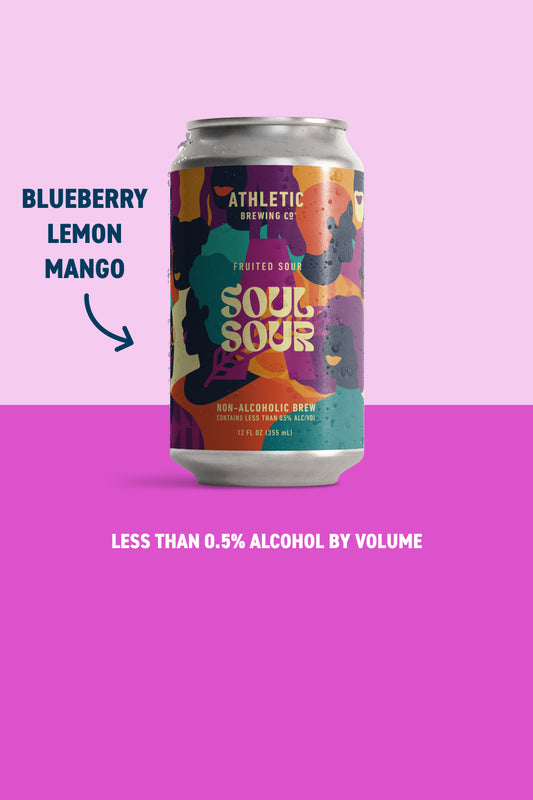









 Your Privacy Choices
Your Privacy Choices







